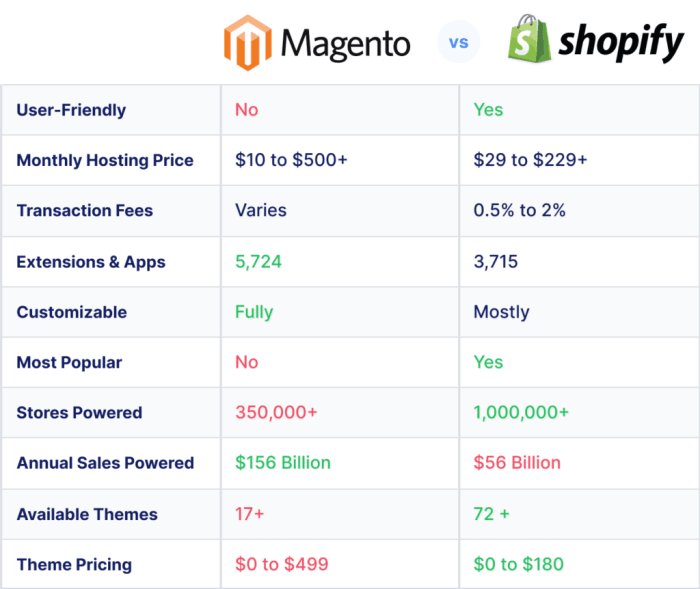How to Choose the Best Business Health Insurance in 2025: A Comprehensive Guide
Delving into the realm of selecting optimal business health insurance in 2025, this guide promises to unravel the complexities and nuances of this crucial decision. Get ready for a journey filled with insights and practical advice to navigate the evolving landscape of healthcare benefits for your employees.
Researching Business Health Insurance Options
When it comes to choosing the best business health insurance in 2025, thorough research is crucial to ensure you select a plan that meets the needs of your company and employees. By exploring various health insurance options, you can find a plan that offers comprehensive coverage at an affordable price.
Factors to Consider when Researching Business Health Insurance Options
- Cost of premiums and deductibles
- Coverage provided, including medical services, prescriptions, and preventive care
- In-network healthcare providers and facilities
- Flexibility to add or remove coverage options
- Quality of customer service and claims processing
Understanding the Needs of Your Employees
Before selecting a health insurance plan for your business, it's essential to understand the healthcare needs of your employees. Consider factors such as age demographics, pre-existing conditions, and family size to choose a plan that caters to the well-being of your workforce.
Evaluating the Reputation and Financial Stability of Insurance Providers
When researching business health insurance options, make sure to assess the reputation and financial stability of insurance providers. Look for companies with a strong track record of customer satisfaction and financial strength to ensure they can meet their obligations and provide reliable coverage.
Understanding Coverage and Benefits
When it comes to business health insurance plans, understanding the coverage and benefits is crucial for both employers and employees.
Types of Coverage in Business Health Insurance Plans
- Health Maintenance Organization (HMO): Offers a network of healthcare providers for employees to choose from.
- Preferred Provider Organization (PPO): Allows employees to visit out-of-network providers at a higher cost.
- High Deductible Health Plan (HDHP): Requires employees to pay a higher deductible before insurance coverage kicks in.
Common Benefits Included in Health Insurance Plans
- Preventive care services such as vaccinations and screenings.
- Hospitalization coverage for inpatient and outpatient services.
- Prescription drug coverage for medications prescribed by healthcare providers.
Importance of Aligning Coverage with Healthcare Needs
It is essential to ensure that the coverage offered in a business health insurance plan aligns with the healthcare needs of employees. This can lead to higher employee satisfaction, productivity, and retention.
Analyzing Flexibility of Coverage Options
- Consider offering different plan options to cater to the diverse healthcare needs of employees.
- Provide options for dependents or family coverage to support employees with varying family sizes.
- Offer wellness programs and supplemental benefits to enhance the overall coverage and promote employee well-being.
Cost Considerations and Budgeting
When it comes to choosing the best business health insurance in 2025, cost considerations and budgeting play a crucial role in decision-making. Understanding the factors that influence costs, as well as how to effectively manage them, is essential for any business looking to provide quality healthcare coverage for its employees.
Factors Influencing Cost
- Number of Employees: The size of your workforce can impact the overall cost of health insurance, with larger companies often receiving volume discounts.
- Location: Health insurance costs can vary based on the location of your business, as healthcare expenses differ across regions.
- Industry: Certain industries may have higher or lower healthcare costs, depending on the level of risk associated with the work.
Premiums, Deductibles, and Copayments
- Premiums: This is the amount you pay upfront for your health insurance coverage, typically on a monthly basis.
- Deductibles: The amount you must pay out of pocket before your insurance kicks in to cover additional costs.
- Copayments: A fixed amount you pay for covered services, such as doctor visits or prescriptions, after you've met your deductible.
Understanding these terms can help you compare different insurance plans and choose the one that best fits your business needs and budget.
Strategies for Budgeting and Managing Costs
- Shop Around: Compare quotes from different insurance providers to find the most cost-effective option.
- Consider High-Deductible Plans: These plans often have lower premiums but higher out-of-pocket costs, which can be beneficial for businesses with healthier employees.
- Wellness Programs: Implementing wellness programs can help reduce overall healthcare costs by promoting employee health and preventing illnesses.
Cost-Effectiveness of Insurance Plans
- Comparing Coverage: Look beyond the cost and consider the coverage and benefits offered by each insurance plan to determine its overall value.
- Employee Needs: Consider the specific healthcare needs of your employees to ensure the insurance plan you choose provides adequate coverage.
- Long-Term Savings: Investing in a comprehensive insurance plan that promotes preventive care can lead to long-term savings by reducing healthcare expenses down the line.
Compliance and Legal Requirements
In today's business landscape, compliance with legal obligations and regulations related to offering health insurance to employees is crucial. Failure to adhere to these laws can result in hefty penalties and legal consequences for businesses. Understanding the legal framework surrounding health insurance is essential for making informed decisions.
Affordable Care Act (ACA) and Implications
The Affordable Care Act (ACA), also known as Obamacare, has significantly impacted how businesses provide health insurance to their employees. The ACA requires businesses with 50 or more full-time employees to offer affordable health insurance that meets certain minimum standards.
Failure to comply with the ACA can lead to penalties and fines.
- Employer Mandate: The ACA mandates that applicable large employers must offer health insurance to full-time employees or face penalties.
- Essential Health Benefits: Health insurance plans must cover essential health benefits, including preventive care, maternity care, and mental health services.
- Individual Mandate: Under the ACA, individuals are required to have health insurance coverage or pay a penalty, which indirectly affects businesses.
Ensuring Compliance with State and Federal Laws
When choosing a health insurance plan for your business, it is crucial to ensure compliance with both state and federal laws. Each state may have its own regulations regarding health insurance, so it is essential to be aware of these requirements.
- Consult Legal Experts: It is advisable to consult legal experts or insurance professionals to ensure that your health insurance plan complies with all relevant laws.
- Review Plan Documents: Carefully review the plan documents to ensure that the coverage meets the legal requirements set forth by the ACA and state regulations.
- Stay Informed: Stay informed about any changes in health insurance laws and regulations to ensure ongoing compliance with the legal framework.
Penalties for Non-Compliance
Non-compliance with health insurance regulations can result in significant penalties for businesses. It is essential to understand the consequences of failing to comply with the legal requirements surrounding health insurance.
Penalties for non-compliance with the ACA can range from thousands to millions of dollars, depending on the extent of the violation and the number of employees affected.
It is in the best interest of businesses to prioritize compliance with health insurance regulations to avoid costly penalties and legal issues.
Summary

As we conclude this exploration of choosing the best business health insurance in 2025, remember that informed decisions lead to a healthier, happier workforce. Embrace the power of tailored insurance solutions to ensure the well-being of your employees and the prosperity of your business.
Key Questions Answered
What factors should I consider when researching business health insurance options?
When researching, consider factors like coverage options, benefits, cost, and the needs of your employees to make an informed decision.
How can I ensure that the coverage aligns with the healthcare needs of my employees?
To ensure alignment, review the healthcare needs of your employees, assess the coverage options, and consider customization based on their requirements.
What are the penalties for non-compliance with health insurance regulations?
Penalties for non-compliance can include fines and legal repercussions, making it crucial to stay updated and adhere to all regulations.




